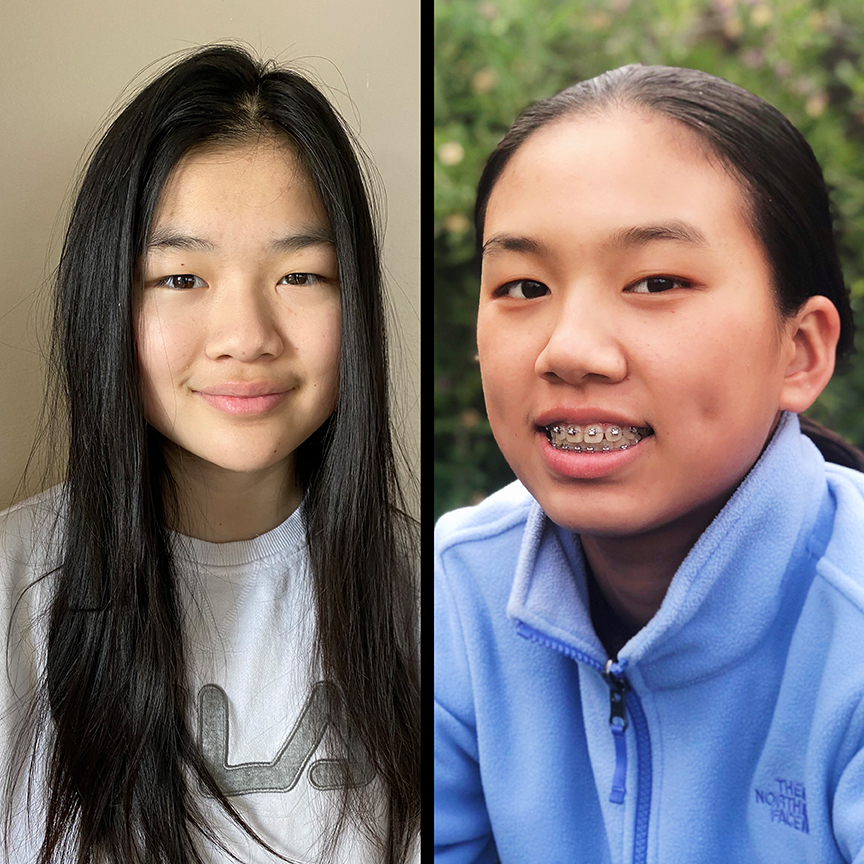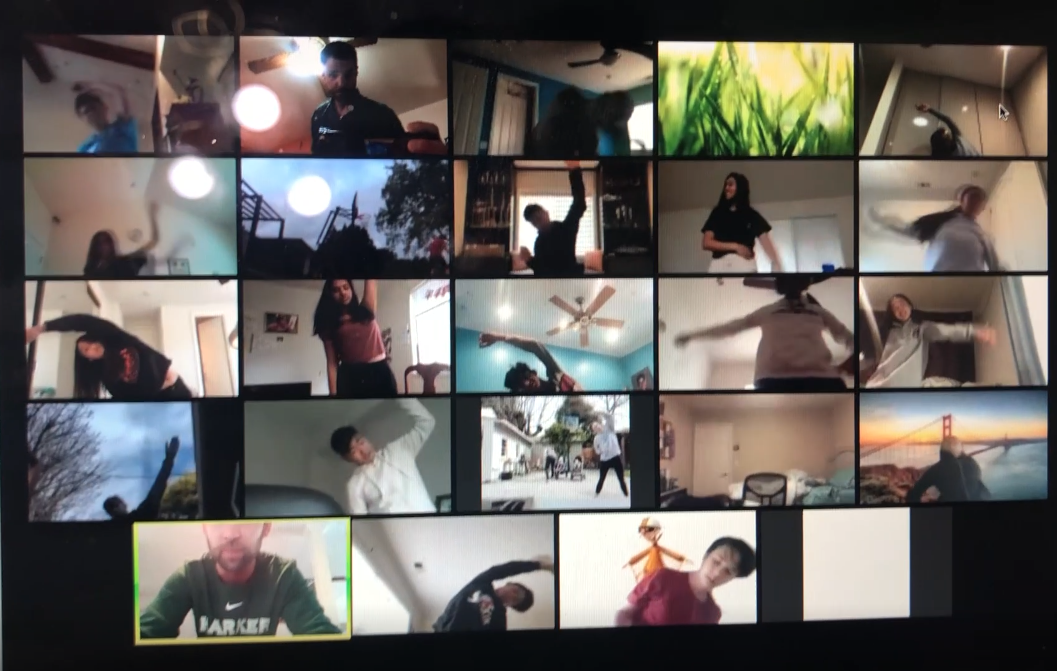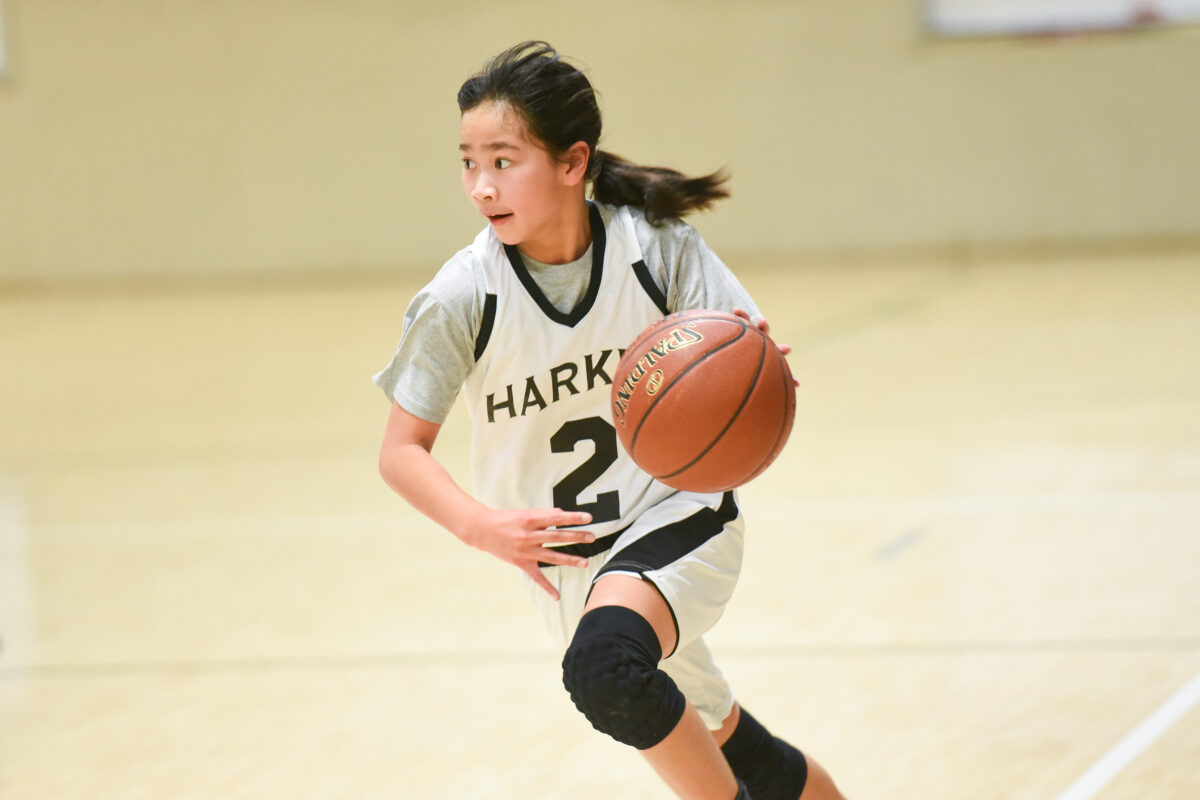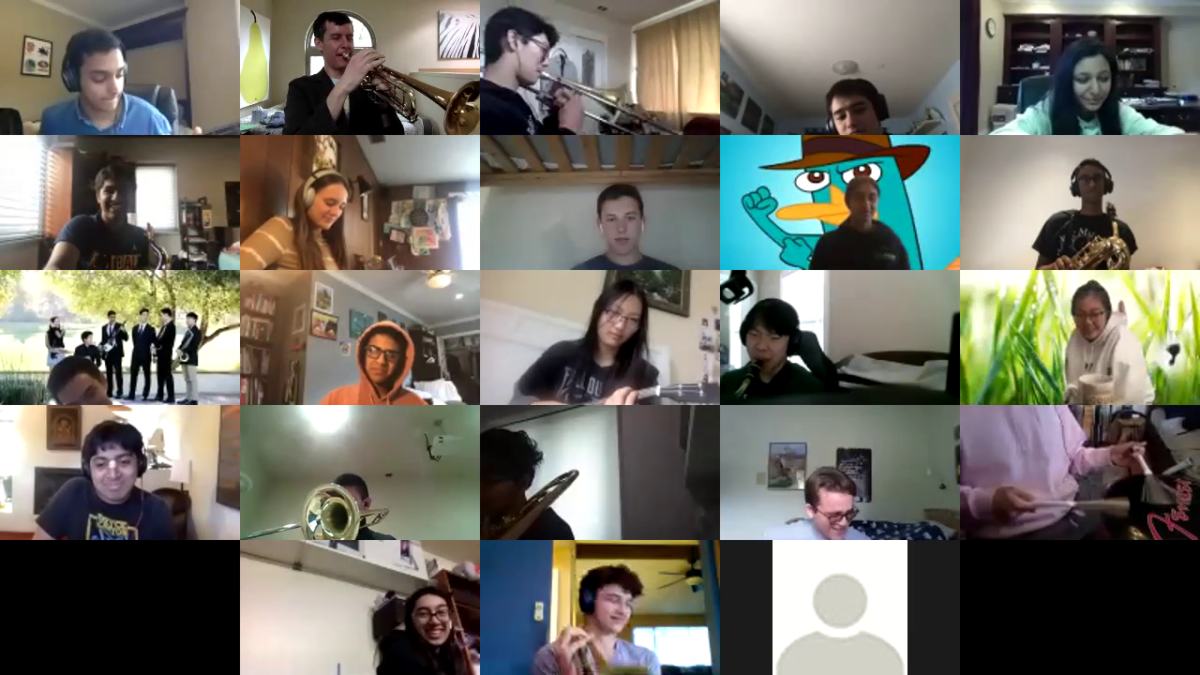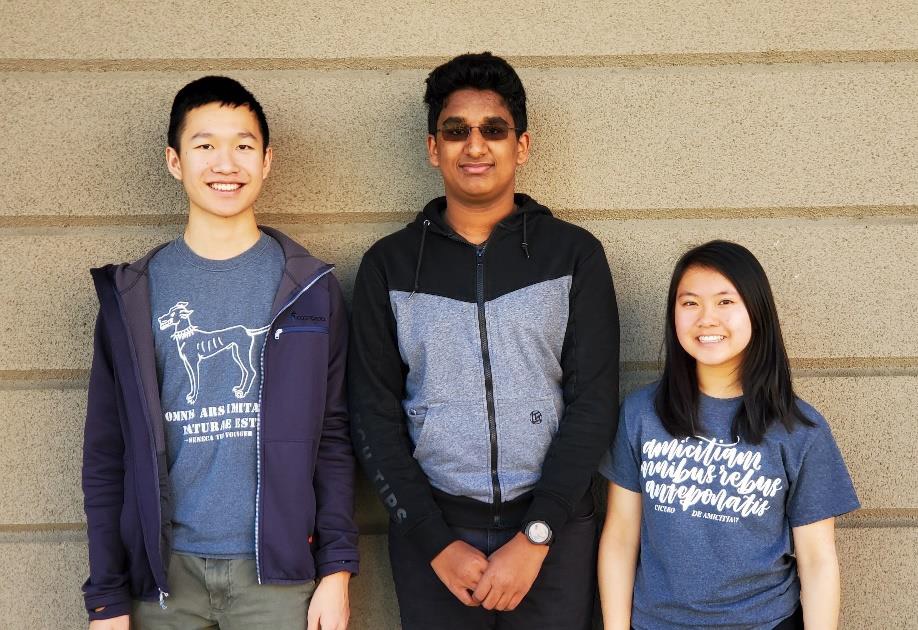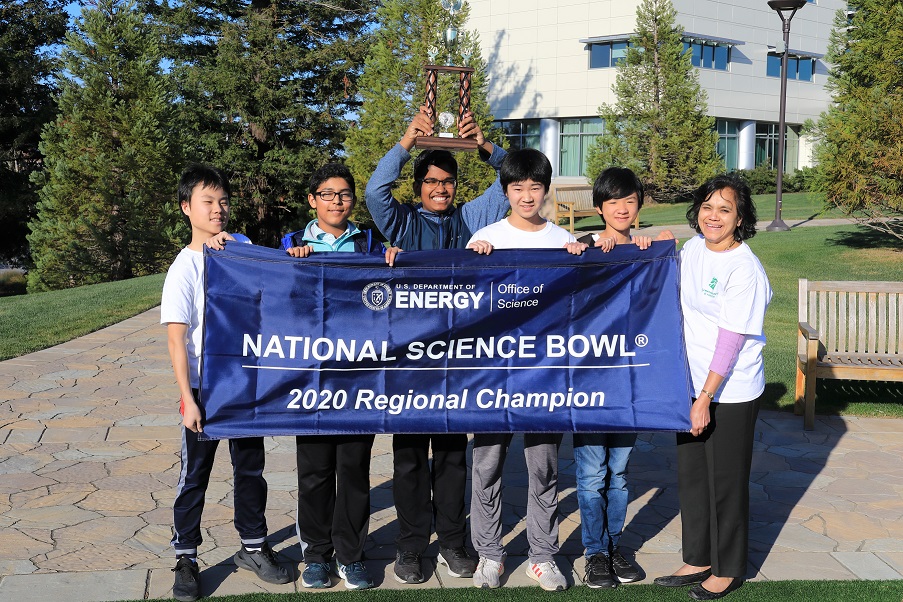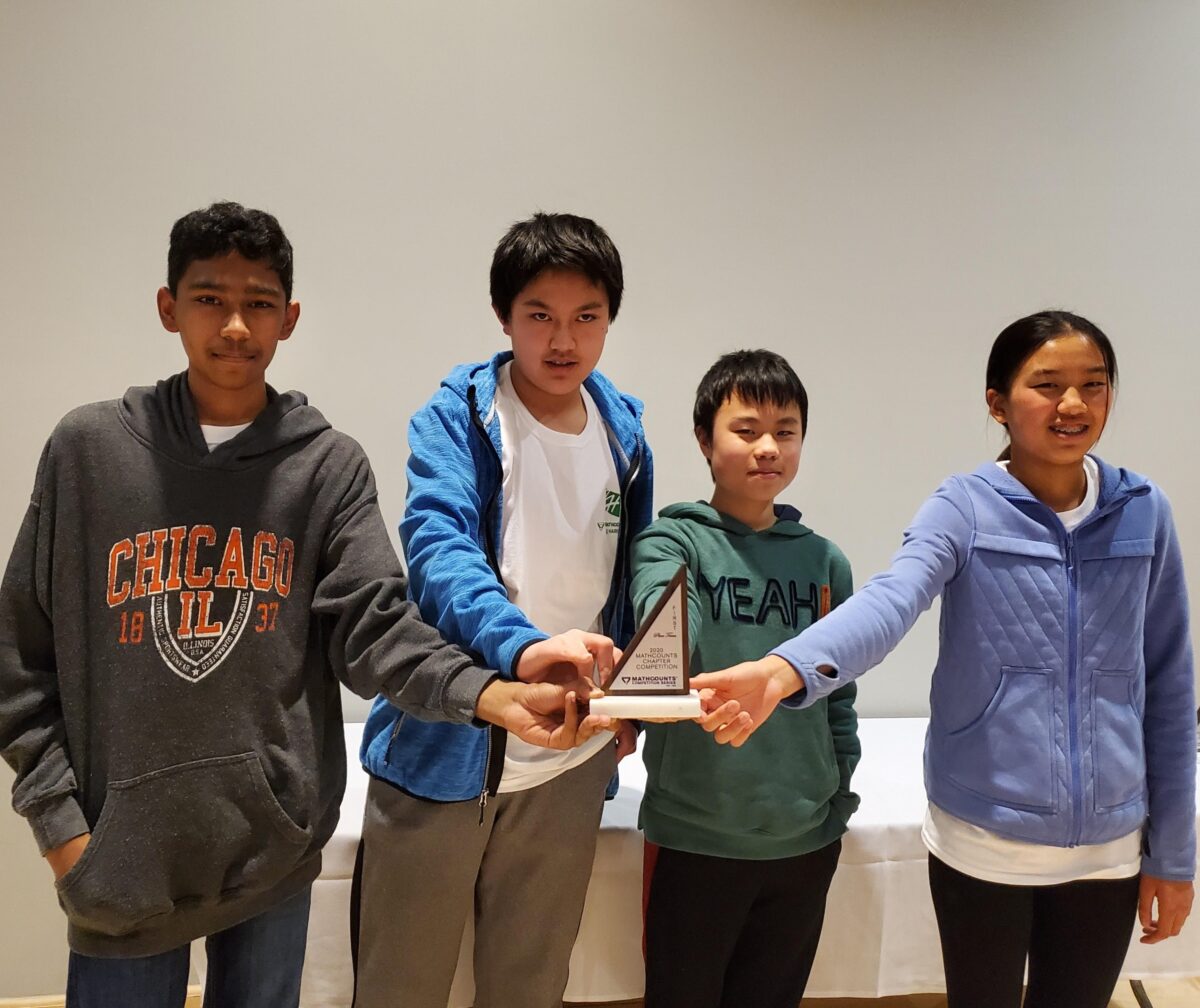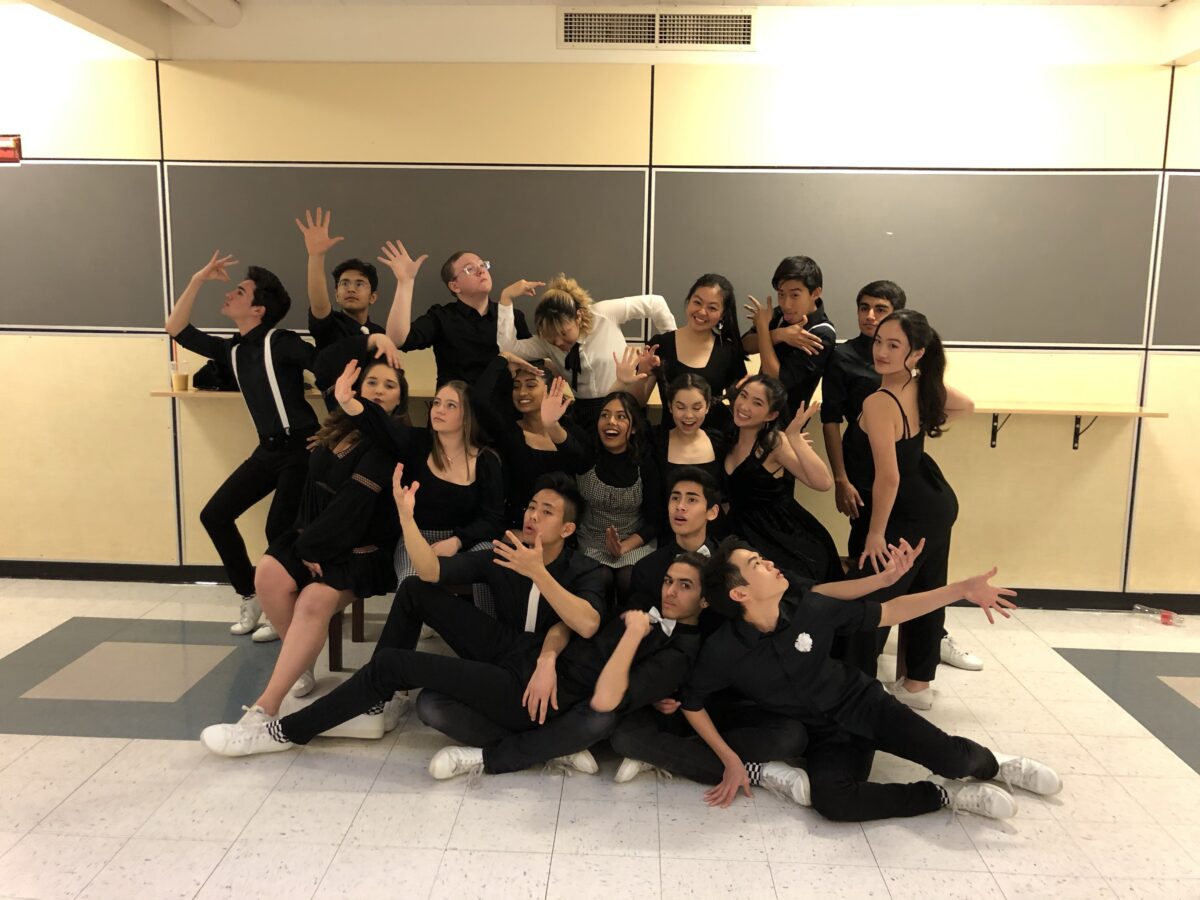alumni-express
Upper school teachers explore ways to keep students moving
Lower and middle schools celebrate successful winter sports season
Classes and hangouts move online as school adapts to closure
Student documentary wins grand prize in C-SPAN StudentCam contest
“Cmd-Delete,” a short documentary created by juniors Jason Lin, Sara Yen and Amar Karoshi, was today named the grand prize winner of C-SPAN’s 2020 StudentCam contest.
Anand Natarajan ’09 co-authors landmark proof with team of computer scientists
A team of computer scientists including Anand Natarajan ’09 recently published a proof that has solved “a raft of open problems in computer science, physics and mathematics,” writes Quanta Magazine’s Kevin Hartnett.
Middle school Science Bowl team takes regional, headed to national finals
Middle school students became regional champions at the U.S. Department of Energy’s Middle School Science Bowl, held Feb. 22 at the SLAC National Accelerator Laboratory.
Nanoseed to hold second benefit concert for students and entrepreneurs in rural China
Nanoseed, a student-run organization that offers low-interest loans and grants to students and entrepreneurs in rural China, will hold its second benefit concert at the Rothschild Performing Arts Center on Fri., March 13 at 7 p.m. All proceeds will be put toward loans and student scholarships.
Middle school teams and individuals earn high placings at MathCounts competition
Several Harker middle school students performed admirably at a recent chapter-level MathCounts competition, held Feb. 15 at the upper school.
Downbeat headed to ICHSA semifinal, student wins arrangement award
Downbeat, the upper school’s show choir, traveled to Portland, Ore. over the weekend Feb. 22-23, where they took third place at the west quarterfinal of the 2020 International Championship of High School A Capella, hosted by Varsity Vocals.
